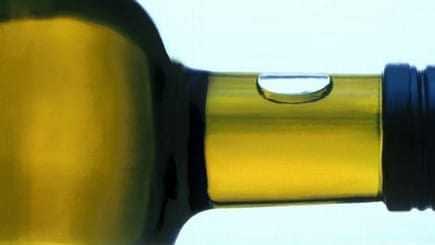
The need for more generic promotion of olive oil — rather than marketing based on countries or areas of origin — was among the issues discussed at the last meeting of the European Commission’s advisory group on olives and derived products.
A draft report on the July 12 meeting recently published online says a trade representative argued there was need for “a harmonized program for the promotion of olive oils at an EU level, which should go beyond the borders of one specific country.”
It was also mentioned that promotion was the best mechanism available to increase the market position of olive oils and “should be carried out at an EU level, so that all producing countries could benefit” the minutes say.
And there were calls for the origin of an olive oil to be stated on its label — to increase transparency for consumers — and for more education about olive oil in schools.
PDO review
The discussion followed a briefing by an EC representative on last year’s European Court of Auditors report on geographical indications (such as protected designations of origin — PDOs), the EC’s response to it, and an update on the EC’s current review of its agricultural promotional policy and funds. The minutes say the latter was “considered particularly interesting” but give no detail.
Among examples of shortcomings in PDO verification that had been given in the Court of Auditors report was a case where there had been no plausibility test on claims made about the average yield for an olive oil registered as a PDO
“Such a test is important to determine whether the quantity of olives delivered to mills and processed for the olive oil can actually originate from the geographical area concerned,” the report said.
And in another example, it said checks by Italian authorities had found that a company had been illicitly marketing table olives as a PDO product when they were not of the correct variety.
Olive oil fraud
Meanwhile, the advisory group also received a briefing from European Commissioner for Agriculture Dacian Cioloş on his draft action plan for the EU olive oil sector, which among other things promises improved fraud detection and prevention including the possibility of tougher chemical parameters.
While an industry representative acknowledged the “importance and the utility” of the plan and the need to solve fraud issues “it was stated that speaking too much about this problem could damage the image of the sector and of the product” the minutes say.
And a trade representative said there was need for a harmonization of controls at the EU level in order to avoid situations where some countries are “more controlled than others.”
“As concerns the testing parameters, it was mentioned that the levels had decreased a lot over the last several years and that, if the situation would continue to be like this, a lot of lampante olive oil would be present on the market, in the detriment of the extra virgin olive oil. Therefore, studies should be carried out before new parameters are accepted.”
Import checks in Brazil
Concerns were raised about the impact of planned anti-fraud measures in Brazil requiring analysis of all imported olive oil.
An industry representative said carrying out checks on olive oils was a good move but would block the market due to the lack of authorized laboratories in Brazil to conduct the tests.
It was noted that representatives of Portugal and Spain had discussed the issue with the Brazilian authorities and it had been agreed that during a transition period laboratories outside Brazil would be authorized to vet imports.
EC Advisory Groups
Opinions expressed by EC advisory groups represent the points of view of industry stakeholders and cannot be attributed to the EC.








